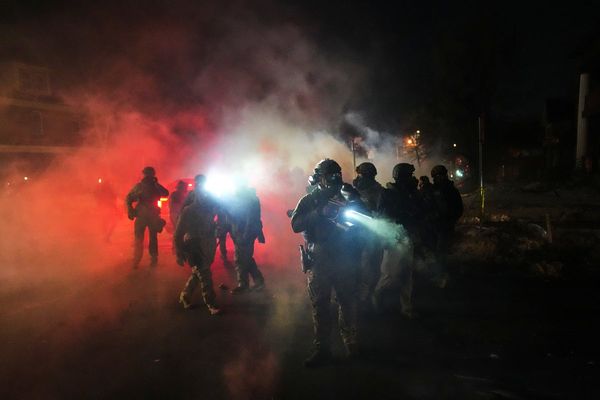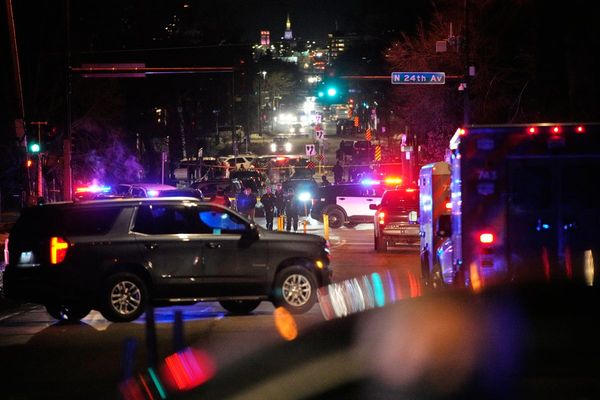After moving accommodation five times in five months, Nyangbal and Dunghutti woman Teresa Anderson has had enough.
The elder's Cabbage Tree Island home, nestled on a flood plain of cane fields in northern New South Wales, was deemed uninhabitable after the February floods.
She has been homeless since.
"I've been moved around five times," she told the ABC.
"We were at the Ramada [hotel] then we went to Brisbane. Then we had to go outside of town.
"It's taken a toll on my health. I couldn't even cope, I couldn't go to work. It just got me really emotional."
Teresa Anderson was in good health before the floods.
But she believes a series of new health issues have been direct result of the grief and stress of being displaced.
"I'm struggling," she said.
As floods devastated Lismore and surrounding towns earlier this year, a sludge of sewage-contaminated water raged down the Richmond River, destroying every home in the Aboriginal community.
There are 23 homes on the island — with some housing up to 12 people — and at the time every single resident of the 180-strong community was left homeless.
Today, every house is still uninhabitable.
According to the Jali Local Aboriginal Land Council, today, almost six months after the disaster, about 500 of the 1,296 northern New South Wales residents that are still homeless are First Nations people.
"That tells me clearly that we're disproportionate again in relation to the numbers of people that are homeless," Widjabul man and Jali Land Council chief executive Chris Binge told the ABC.
According to Ms Anderson, Indigenous flood victims have been pushed to the back of the line when it came to finding permanent accommodation.
"They are homeless and staying in tents in front of their homes," she said.
"It's hard for us to try to get accommodation like rental houses, because once they know it's an Aboriginal family, they just say, 'no, I'm sorry, it's not available."
Temporary housing plan
The NSW Department of Communities and Justice, the organisation responsible for helping flood victims into emergency accommodation, told the ABC in a statement it did not collect data on Indigenous status.
But it said it had assisted "10,676 people into emergency accommodation across the Northern Rivers" since February.
The federal and state governments have promised $70 million for Aboriginal housing solutions for communities across the Northern Rivers.
There are plans for Cabbage Tree Island residents to move to a temporary housing site at the nearby Wardell Recreation Ground.
But according to Resilience NSW the "persistent wet weather has significantly impacted the progress of earthworks".
Some residents have been told it could be three months before the project is finished, but Resilience NSW have not provided a specific time frame.
As members of the Cabbage Tree Island communities wait for news on when and if they'll be able to return home, there are concerns the health and wellbeing of elders is deteriorating.
Nyangbal woman Delia Rhodes, also from Cabbage Tree Island, said not knowing when or if she'll be able to return home to country has severely impacted her mental health.
"I can understand the wider community has been affected, too," she said.
"But it's a slow process for us to get us back into housing, into a permanent home. It's hard work.
"But we just want to go home."







